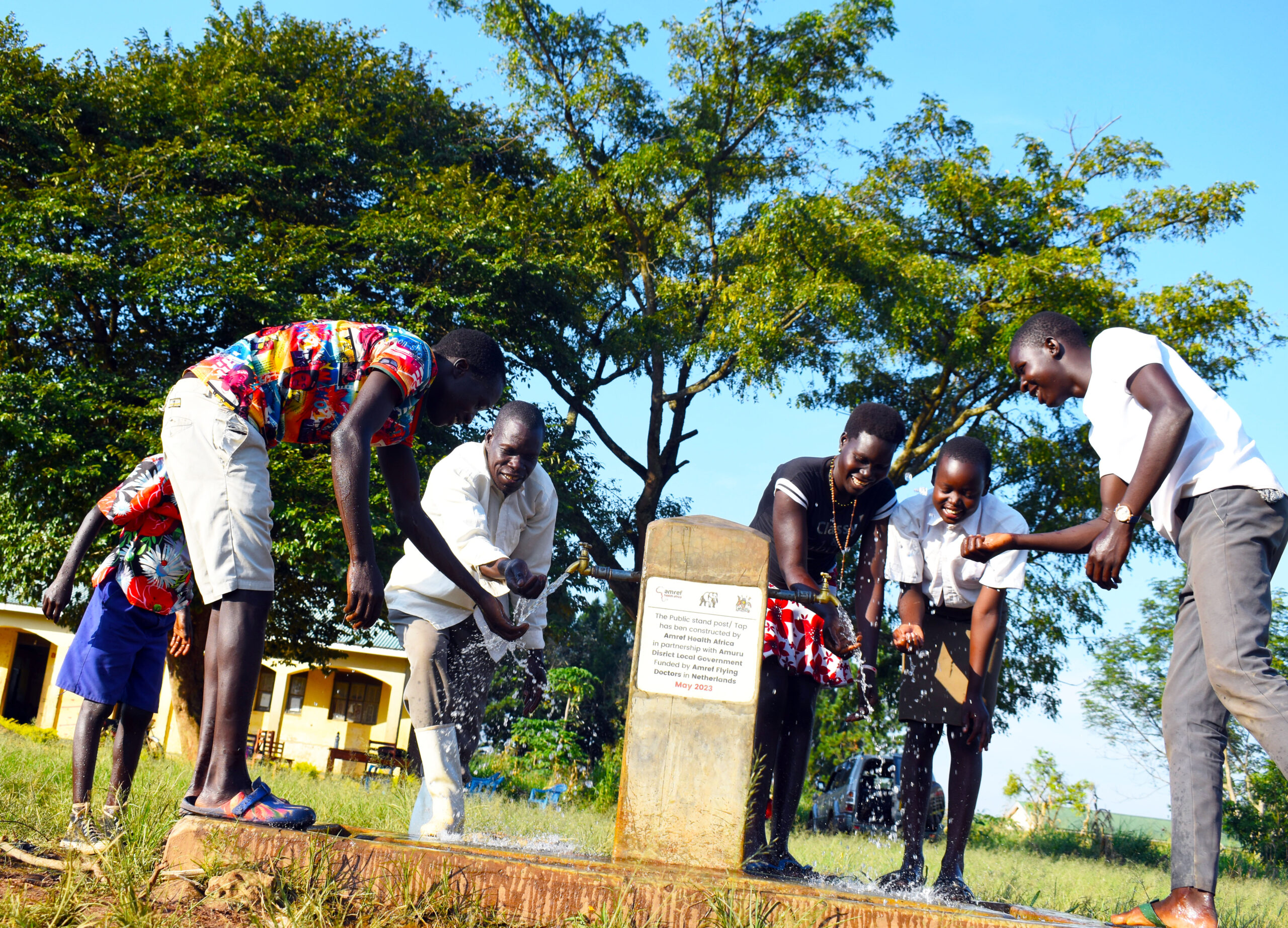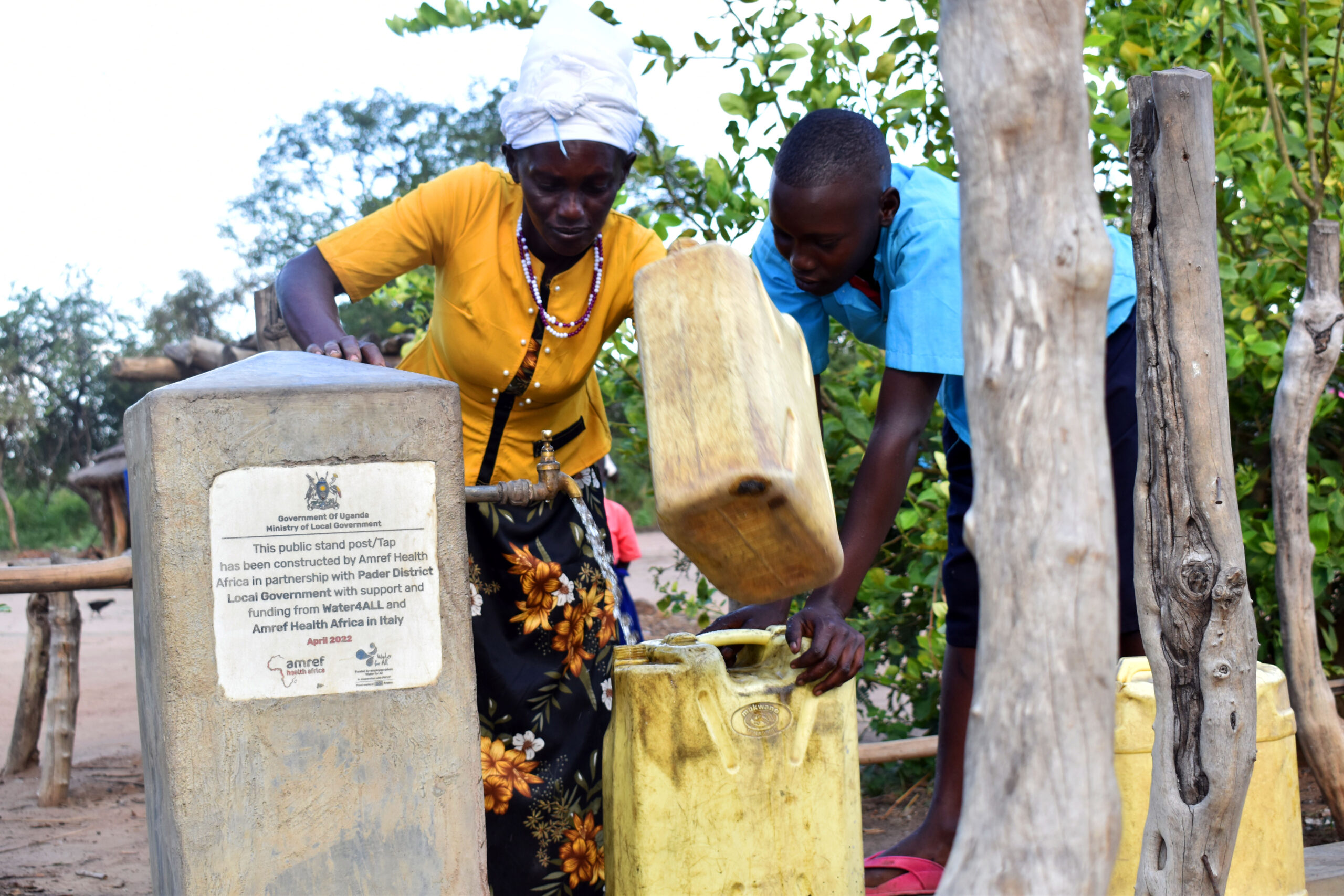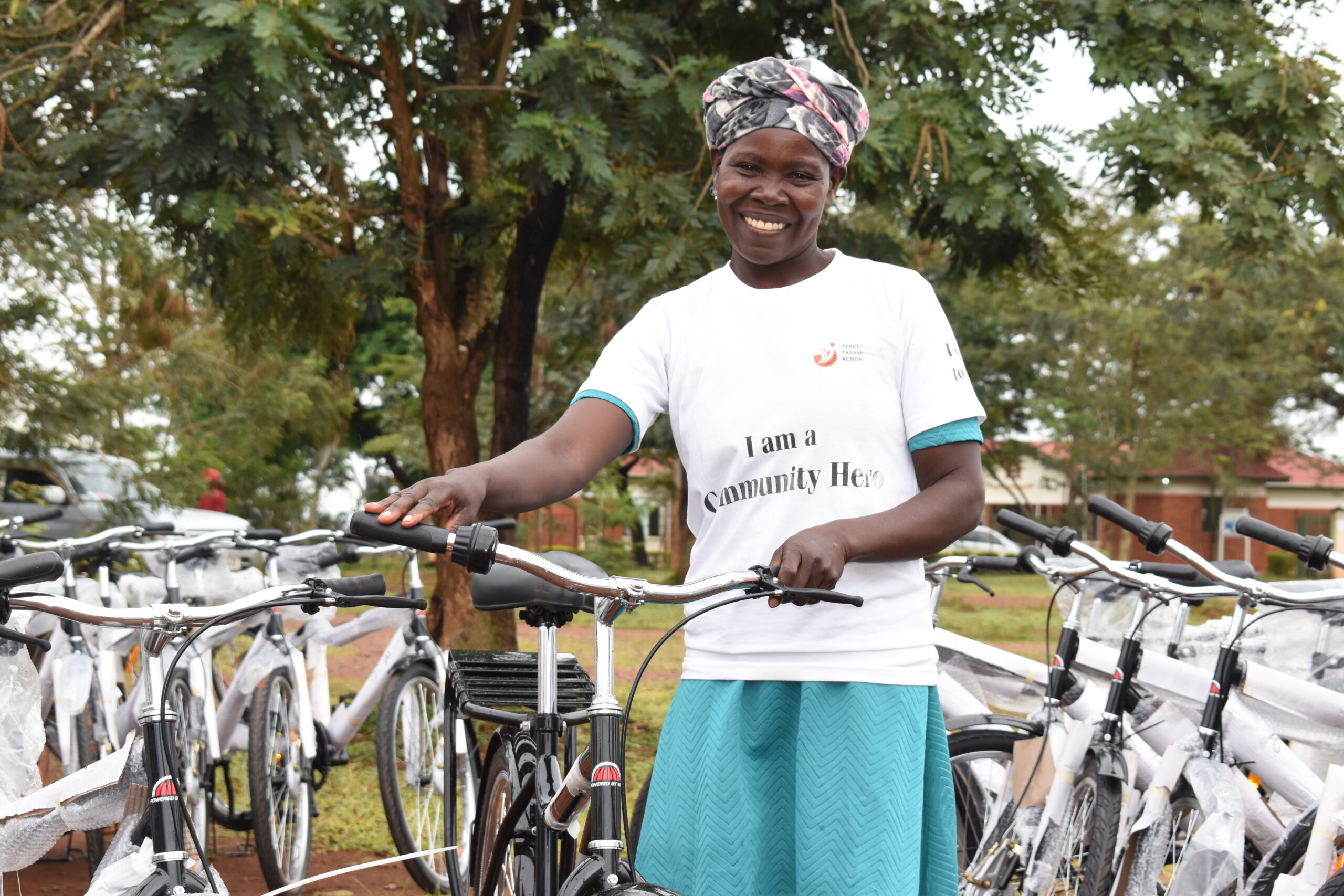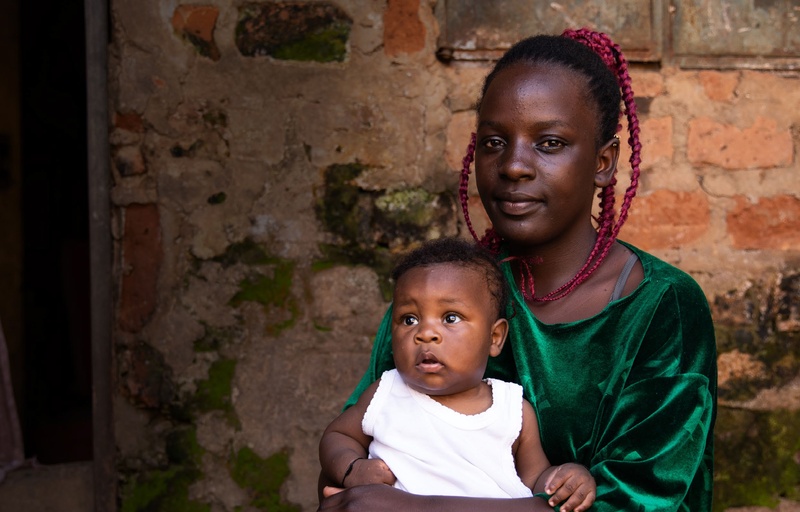Leveraging Integrated approaches for more sustainable outcomes: WASH integration with SRH(Sexual Reproductive Health)
Wednesday, 8 May, 2024

Amref Uganda WASH and Climate Change program Manager, Comfort Hajra Mukasa led a discussion on the significance of WASH integration with SRH (Sexual Reproductive Health) and Climate change initiatives in a meeting with the Rotary Club of Kampala West: it is pivotal for fostering resilience, promoting health equity, and advancing sustainable development. This integrated approach acknowledges the intricate interconnections between access to clean water, sanitation facilities, hygiene practices, gender dynamics, and environmental sustainability.

“WASH integration contributes to several SDGs, including SDG 3 (Good Health and Well-being), SDG 5 (Gender Equality), SDG 6 (Clean Water and Sanitation), and SDG 13 (Climate Action). Adopting integrated approaches helps maximise the synergies between these goals, leading to more effective and sustainable outcomes.”
By recognising these interlinkages, we can design more holistic interventions that address multifaceted challenges while maximising positive outcomes for communities, particularly vulnerable populations such as women, girls, and marginalised groups. Amref Uganda has successfully implemented this integration through our different WASH projects and the results are commendable: we have been able to successfully declare 105 villages Open Defecation Free (ODF), averted 30 child marriages, reduced walking distance from the Point of need to the water source to 200m a nd successfully created and rehabilitated functional VSLAs at all water points for sustainability purposes.
Amref Health Africa teams up with African communities to create lasting health change.





Comments
No comments found.